Les clichés autour de la maternité ont la vie dure ! Que ce soit par l’entourage, les réseaux sociaux ou les recherches Google, on entend et on lit de tout… Pour y voir plus clair, nous avons, avec l’aide des sages-femmes de la maternité de la Clinique Générale-Beaulieu, sélectionnées et démystifiées 12 idées reçues sur la grossesse, l’accouchement et le post-partum. Si après ça, vous avez toujours des doutes ou des questions, n’hésitez pas à nous contacter.

1. Un accouchement physiologique n’est pas possible en clinique privée !
FAUX
Un accouchement physiologique est tout à fait possible en clinique privée. La maman liste l’ensemble de ses souhaits dans un plan de naissance ou lors de l’entretien prénatal et les sage-femmes feront leur possible pour les respecter. Pendant le travail, elle pourra se mobiliser librement grâce à des capteurs de monitoring sans fils et waterproofs ; profiter des bienfaits d’un bain chaud ; utiliser tapis et ballons pour encourager la mobilisation et mettre une lumière tamisée et sa musique préférée pour une atmosphère sereine, cocooning en toute sécurité.
2. Il faut manger pour deux pendant la grossesse !
FAUX
Pas pour deux mais deux fois mieux ! Le premier trimestre, les besoins augmentent faiblement de <100kcal par jour (ce qui équivaut à un fruit type une pomme) puis, ils augmentent d’environ 500kcal par jour au deuxième et troisième trimestre (ce qui équivaut à une collation complète en plus par jour comme 2 tranches de pain complet, une barre de chocolat, et un fruit). La prise de poids recommandée pendant la grossesse dépend de la corpulence de la maman mais, en moyenne, elle se situe entre 11 et 16 kg.
3. Avoir des rapports sexuels pendant la grossesse peut déclencher l’accouchement !
FAUX
Quelques contractions utérines peuvent être ressenties après un rapport sexuel, mais elles sont sans danger et ne risquent pas de déclencher l’accouchement (sous réserve d’avis médical). Avoir une sexualité active et épanouie est bénéfique et tout à fait compatible avec une grossesse qui se passe bien. Il faut écouter votre corps et vos envies. Certaines positions seront sûrement à adapter pour plus de confort mais à part ça RAS (sourire).
4. Quand la poche des eaux se rompt, c’est l’inondation !
VRAI ET FAUX
On dit la poche des eaux mais en réalité, il y a deux membranes (l’Amnios et le Chorion). Lorsque la maman rompt la ou les poches, ce n’est pas douloureux, car il n’y a pas de nerf à l’intérieur. Si les deux poches se rompent en même temps, il n’y a aucun doute, elle sera trempée et du liquide chaud s’écoulera. S’il est clair comme de l’eau, elle pourra prendre une douche et se rendre tranquillement à la maternité. S’il est vert ou marron, cela signifie que le bébé a éliminé ses premières selles, son premier méconium et qu’il faut se rendre à la maternité sans tarder (ne pas oublier de mettre des serviettes hygiéniques car le liquide ne s’arrête jamais de couler). Si seule la première membrane se rompt, il n’y aura pas de grande flaque d’eau mais plutôt un écoulement goutte par goutte en continu.
5. Aller à la selle pendant l’accouchement n’arrive pas qu’aux autres !
VRAI
Si le rectum est plein au moment de la naissance du bébé, il y aura effectivement émission de selles en raison de la pression lors des efforts de poussée. C’est une peur légitime et commune à beaucoup de femmes, mais il faut se rassurer, la nature fait bien les choses. Dans la plupart des cas, la maman qui se met en travail va aller spontanément à la selle et si elle le souhaite, elle peut demander un lavement.
6. Césarienne un jour, césarienne toujours !
FAUX
Tout dépend du motif, de l’ancienneté de la première césarienne et du contexte du prochain accouchement (siège, terme dépassé,…). L’autorisation ou non d’une voie basse sera donnée par le gynécologue en fonction des risques pour la santé de la maman et du bébé. Mais il faut savoir qu’il est tout à fait possible de faire un accouchement par voie basse après un premier accouchement par césarienne.
7. Je vais aimer mon bébé au premier regard !
VRAI ET FAUX
Chaque femme/mère est différente et l’instinct maternel n’est pas forcément inné. Il faut parfois un peu de temps pour découvrir, apprendre à connaître et à aimer ce bébé qui a passé 9 mois dans son ventre. Comme on le dit souvent : « On ne naît pas mère, on le devient ».
8. L’allaitement est un moyen de contraception !
VRAI ET FAUX
L’allaitement peut être une méthode de contraception naturelle à court terme à condition de respecter 3 critères strictes : que le bébé soit âgé de moins de 6 mois, que la mère n’ait pas eu son retour de couches (menstruations) et que l’allaitement soit exclusif (au moins chaque 4h la journée et chaque 6h la nuit). Si ces conditions sont respectées, la méthode est fiable à 98%.
9. L’allaitement fait maigrir !
VRAI
Selon certaines études, l’allaitement favoriserait le retour à un poids d’équilibre plus rapidement. Ne pas allaiter n’empêchera néanmoins pas de perdre du poids, il faut garder en tête qu’il a fallu 9 mois pour prendre ces kilos, il en faudra donc environ 9 pour les perdre ! Garder une alimentation saine, équilibrée et variée est valable que l’on allaite ou pas pour retrouver son poids idéal ainsi que de l’exercice régulier.
10. Porter son bébé le rendra dépendant et capricieux !
FAUX
À la naissance, le bébé est dépendant de ses parents. Le rôle des parents va être de le rendre autonome et de lui donner le maximum pour accéder à son indépendance. Boris Cyrulnik qui a travaillé sur l’attachement et la sécurisation affective a dit : « Être bien attaché pour mieux se séparer ». Plus nous sommes empathiques avec notre enfant, plus nous le réconfortons, plus il sera lui-même empathique avec les autres. Le bébé ne fait pas de caprices, il n’en a pas la capacité. Porter son enfant ne le rendra donc pas dépendant ou capricieux, s’il s’agit de lui apporter du réconfort ou de répondre à un besoin.
11. Il faut attendre plusieurs jours avant de donner le premier bain à son bébé !
VRAI
A sa naissance, le bébé est recouvert d’une substance cireuse blanche appelée vernix. Le vernix est une protection naturelle qui a des propriétés antibactériennes et hydratantes précieuses. De plus, il permet de réduire le risque d’hypothermie et favorise la mise en place d’un allaitement maternel. C’est pour ces raisons que L’OMS recommande de ne pas donner le 1er bain avant 24h. Les parents sont néanmoins libres de le donner plus tôt ou plus tard selon leurs croyances et envies.
12. Il ne faut pas laisser dormir son bébé sur le ventre !
VRAI
En laissant dormir son bébé sur le ventre, il y a un risque d’étouffement et de mort subite du nourrisson. Heureusement, grâce à un important travail de prévention fait par les professionnels de la santé, ce risque a été réduit de 75%. Toutefois, certains bébés apprécient la position ventrale car elle est confortable et réconfortante, d’où l’importance d’une grande vigilance de la part des parents et des proches ! La position ventrale est notamment recommandée dans les phases d’éveil du bébé. Elle va l’aider à développer son tonus musculaire en se tournant et se retournant.
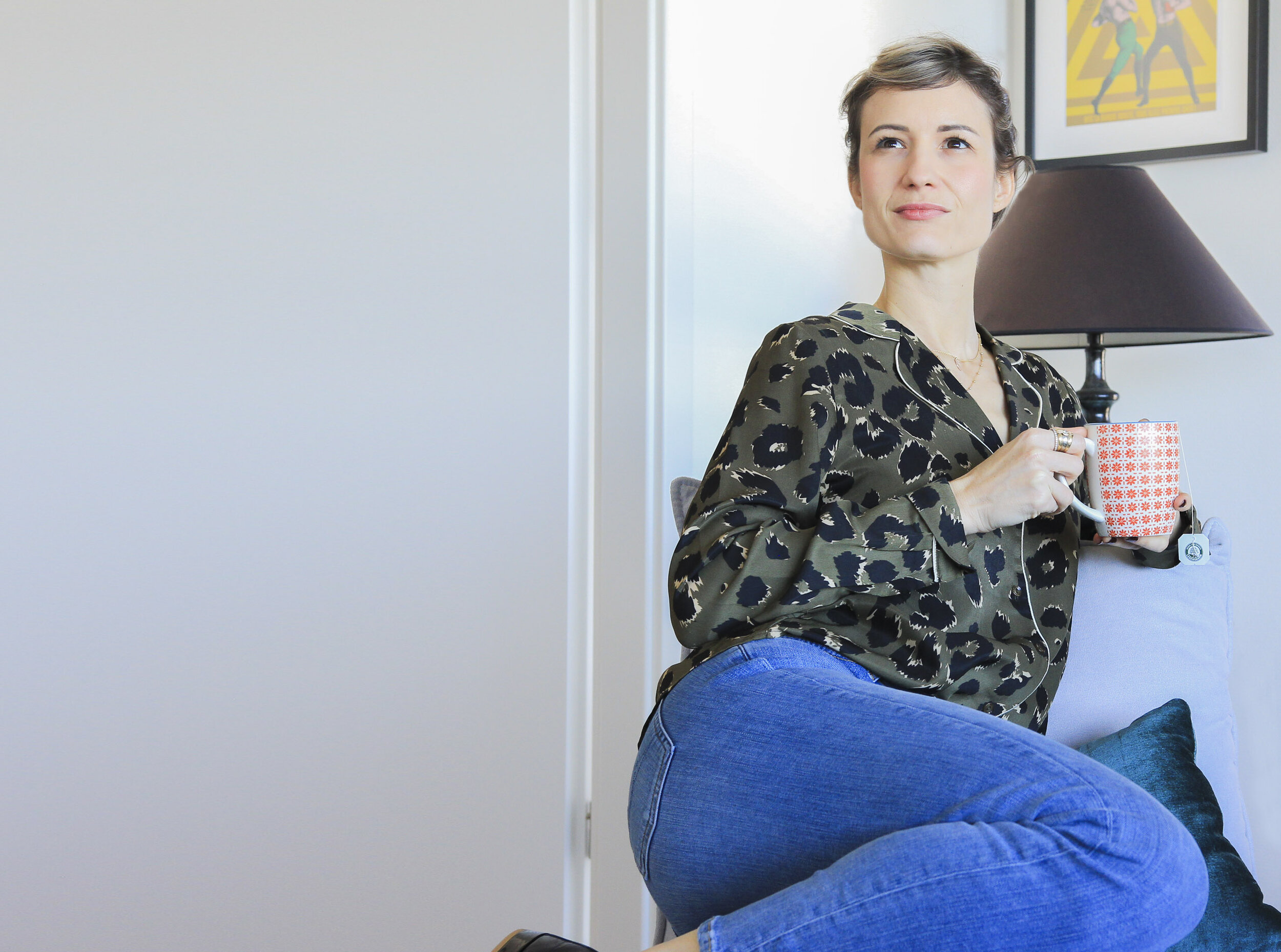
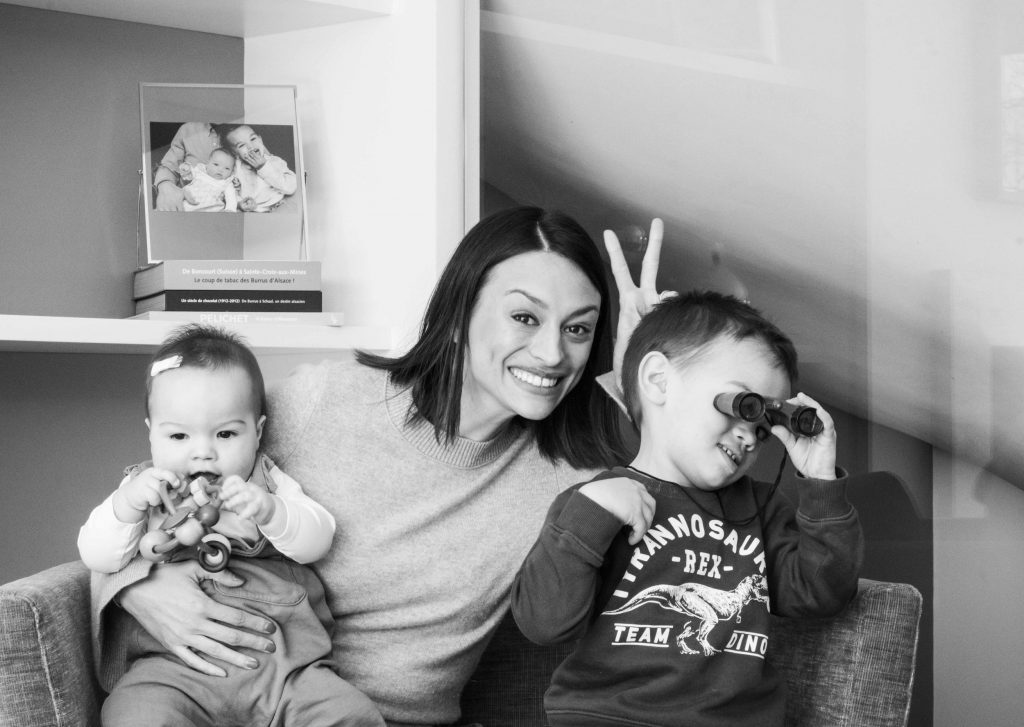
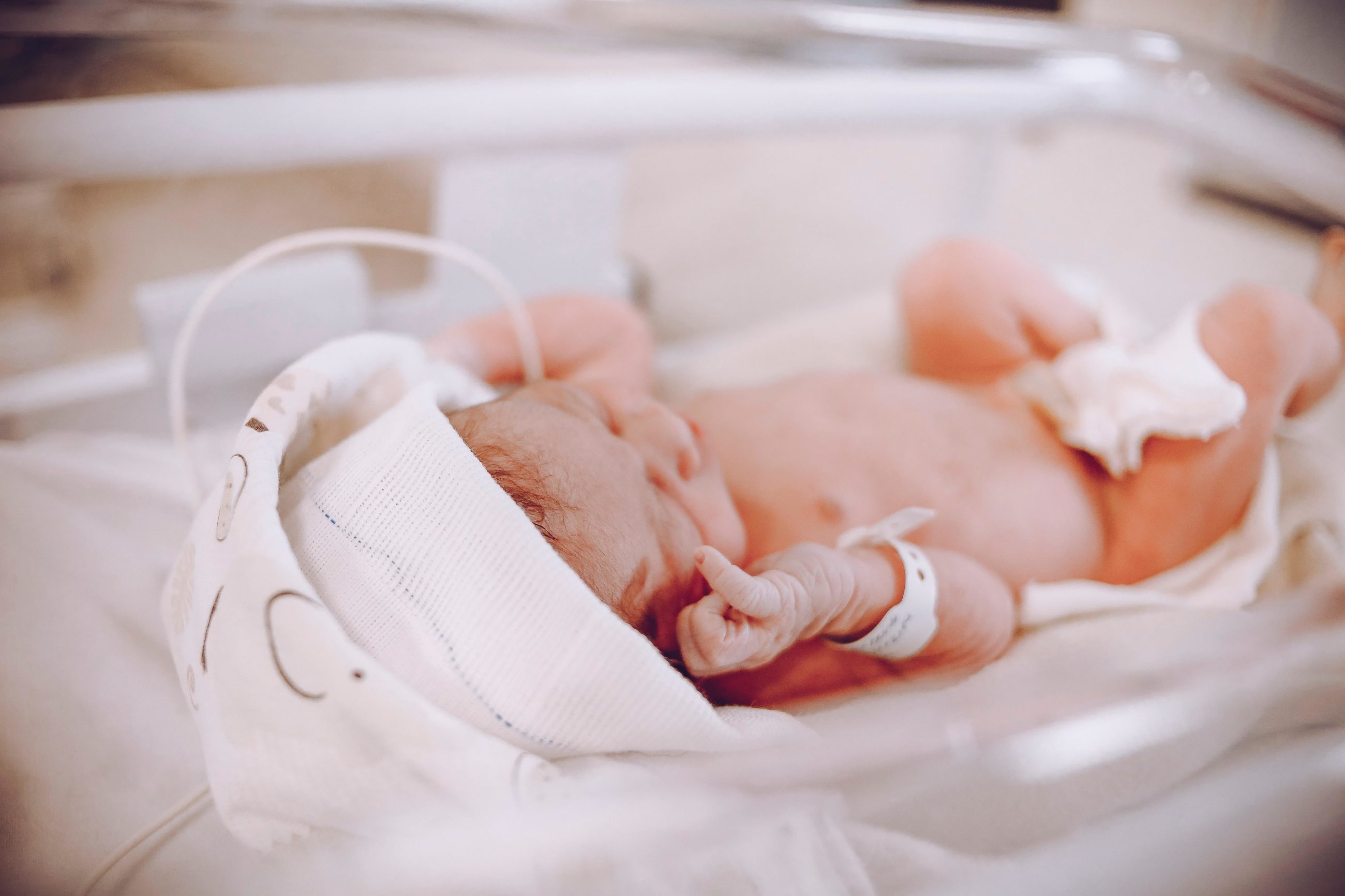
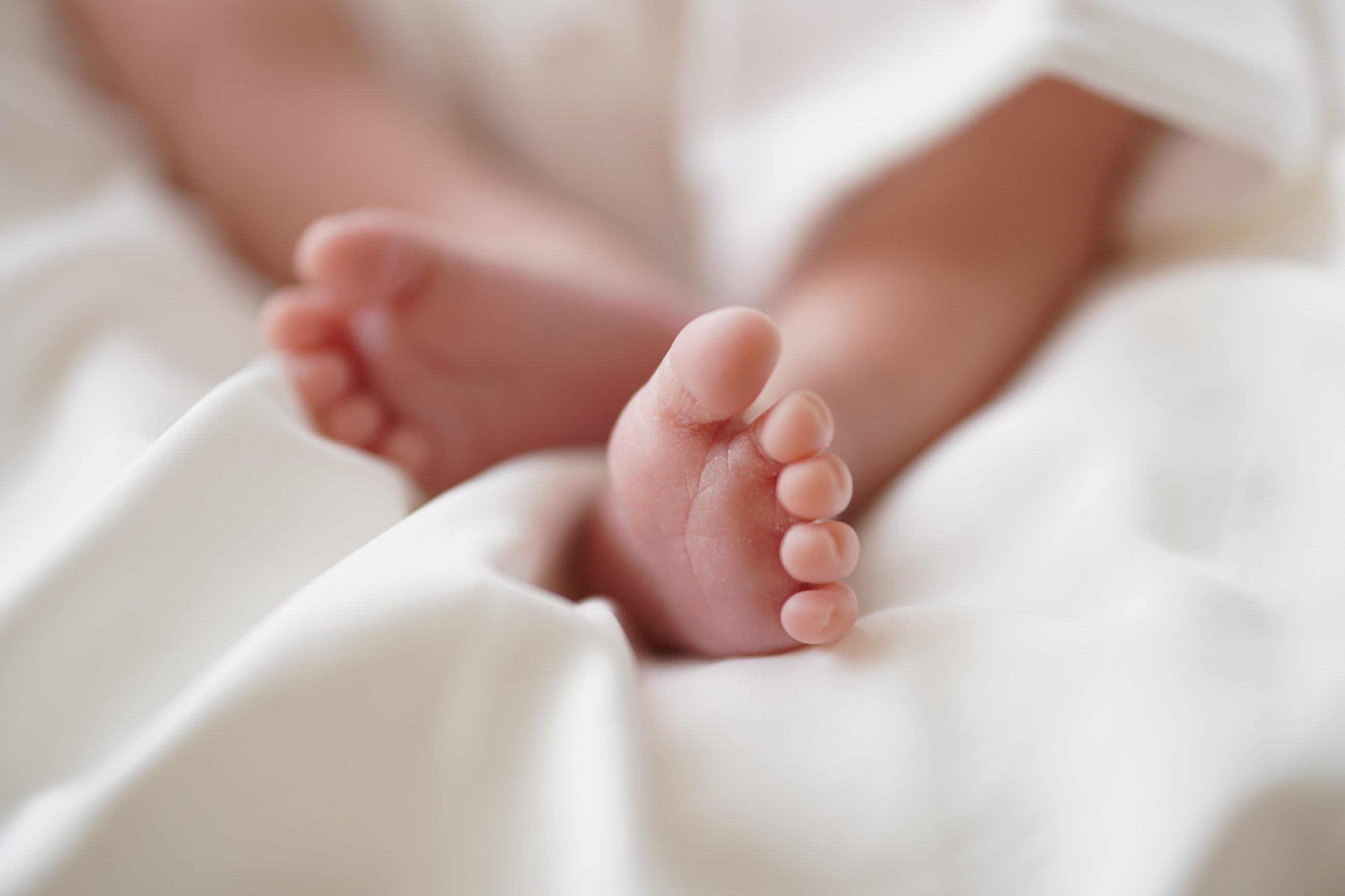
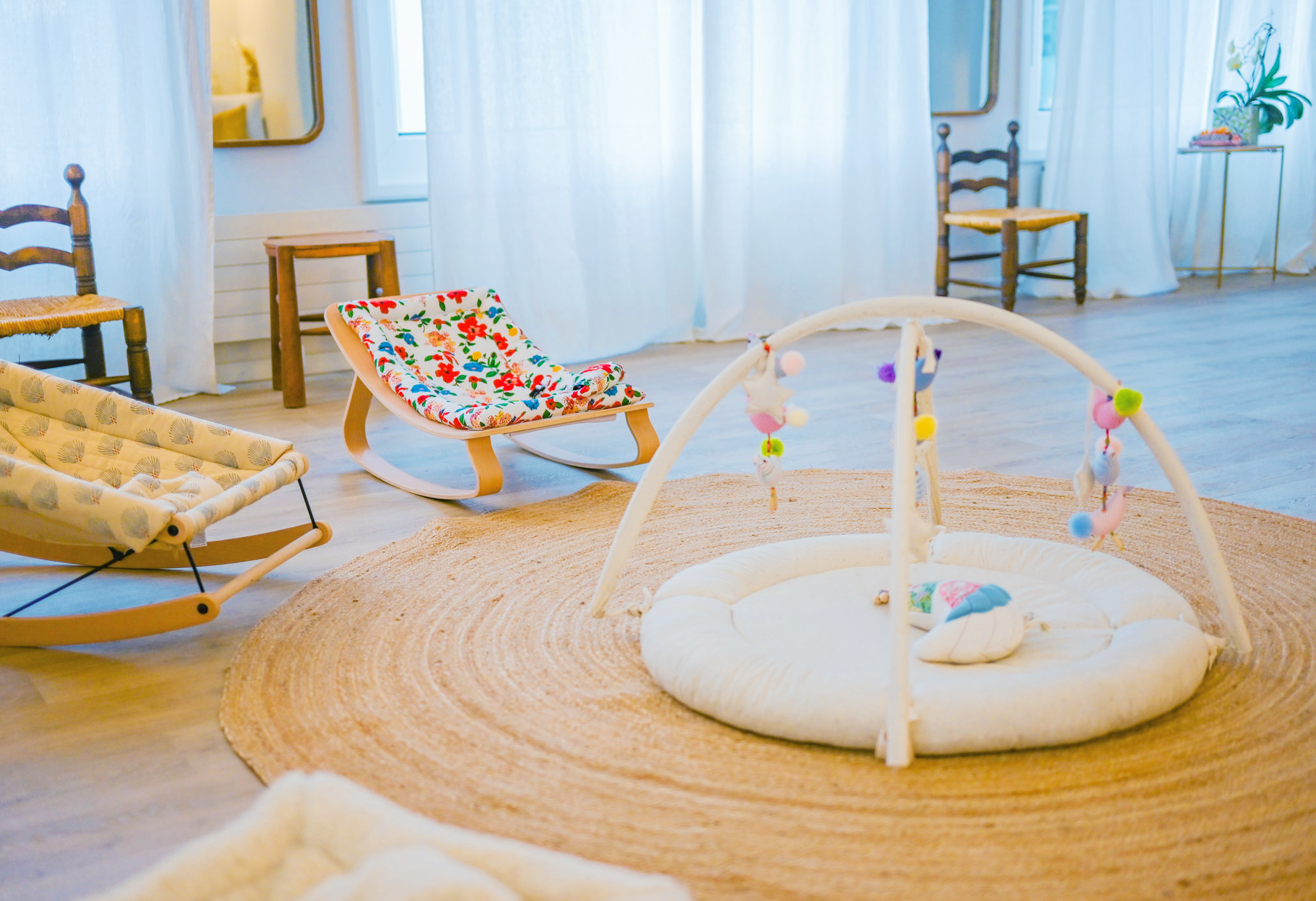
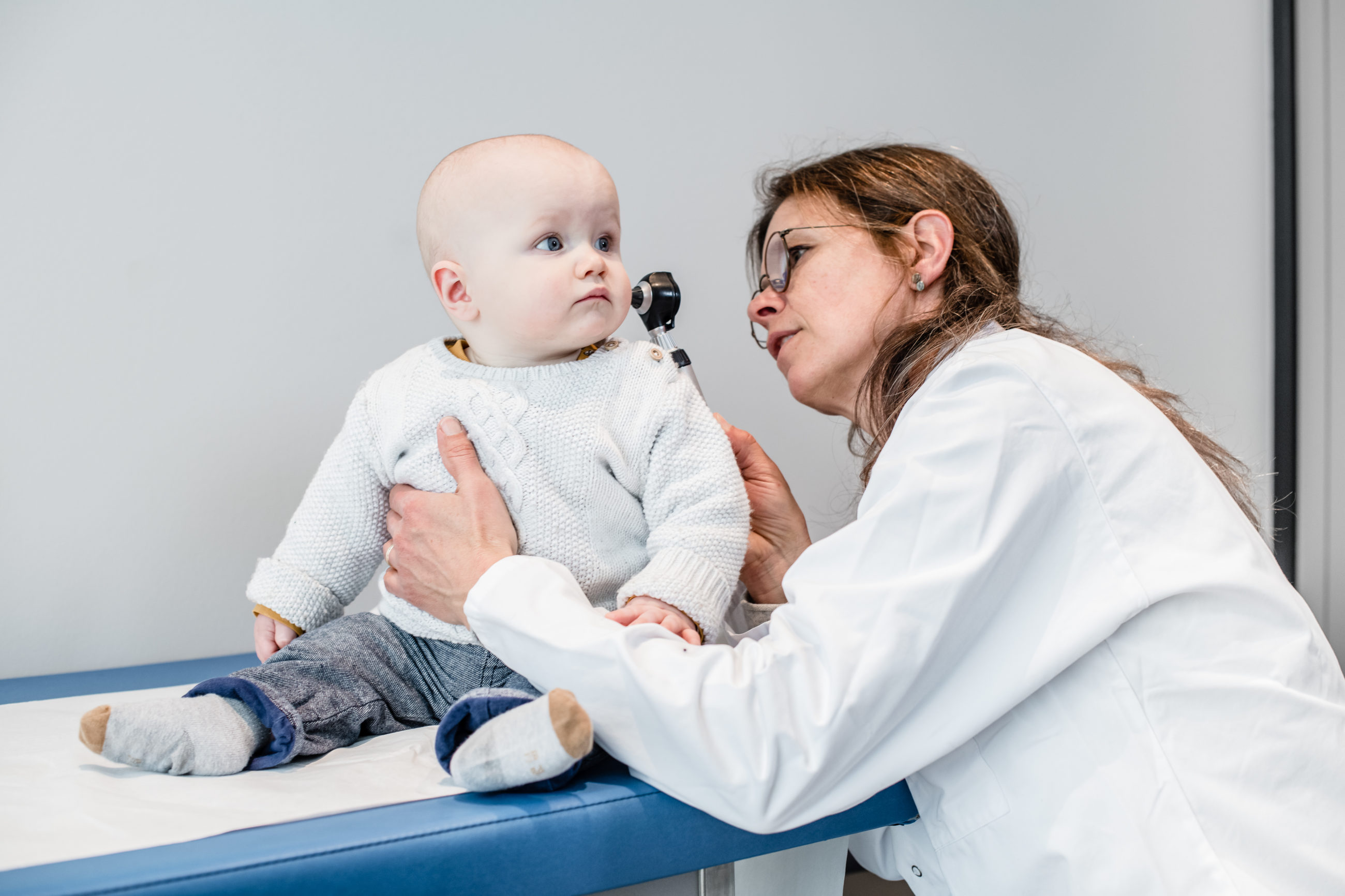
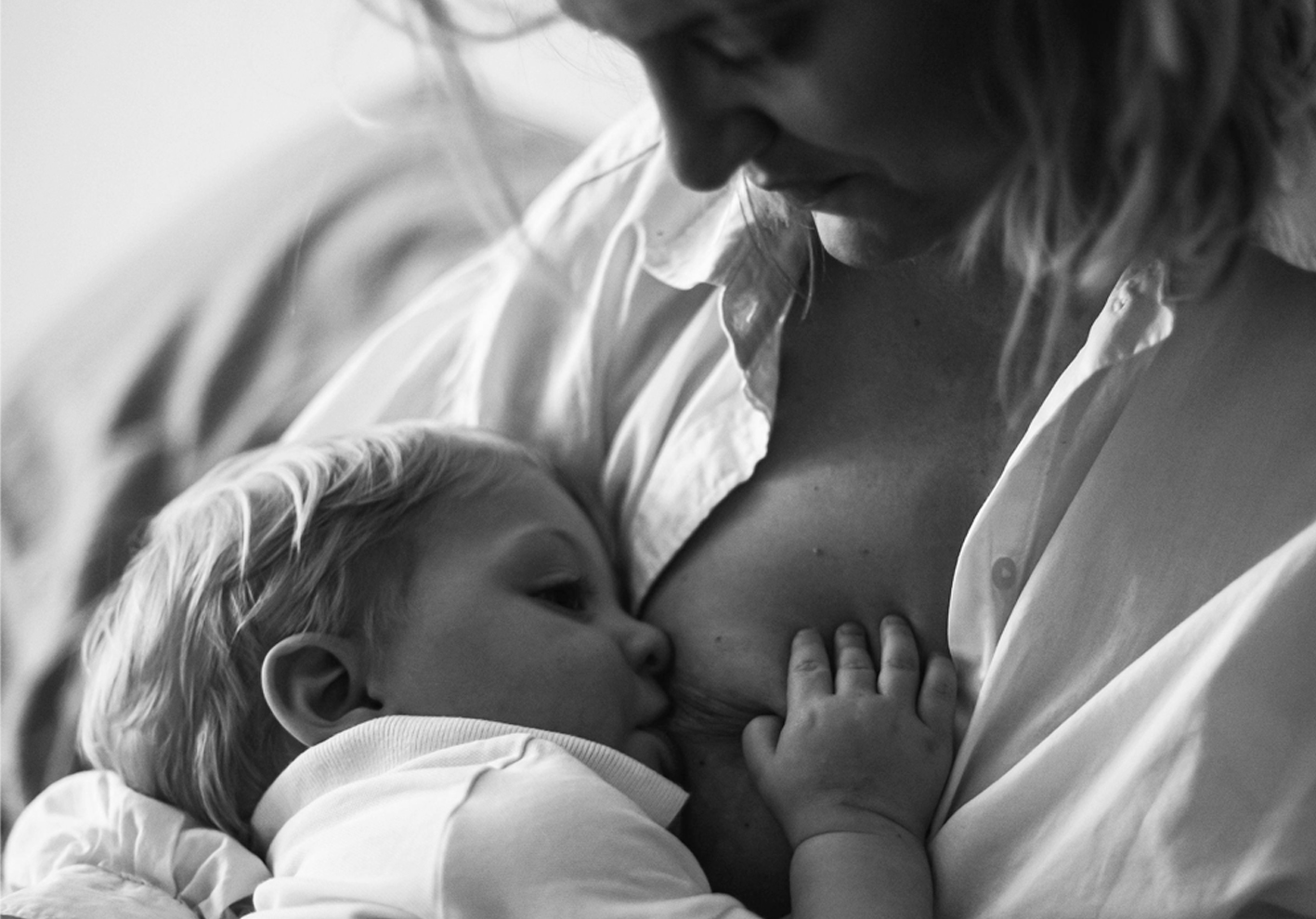
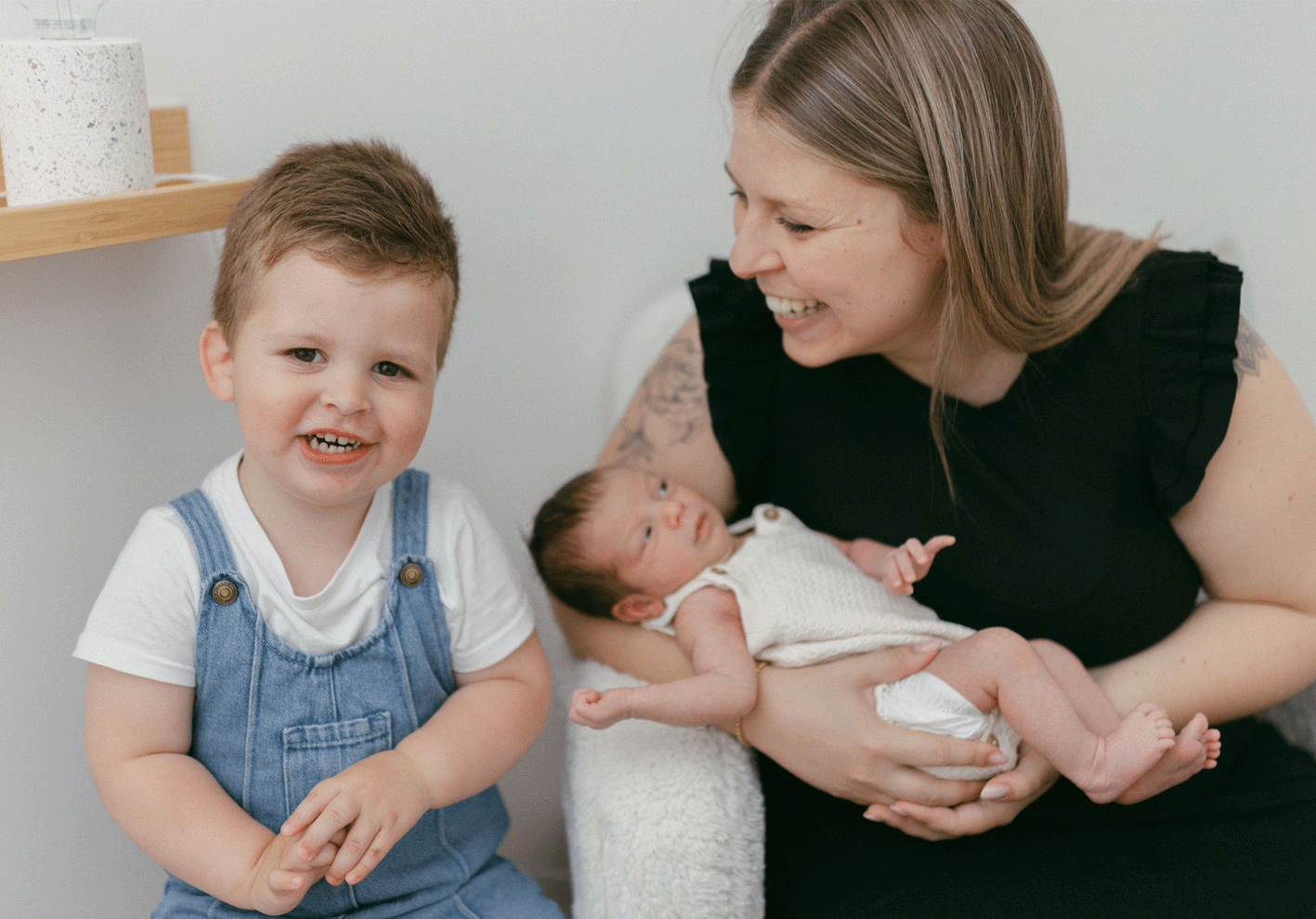
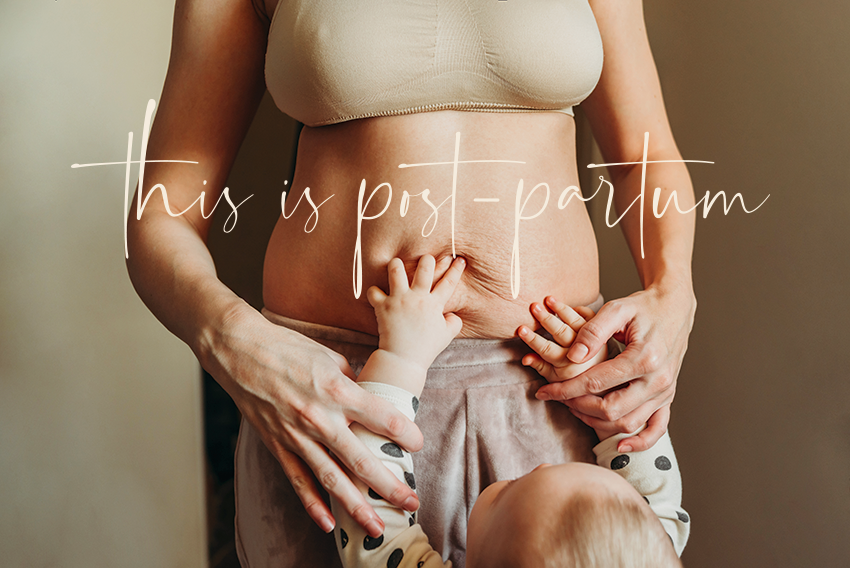

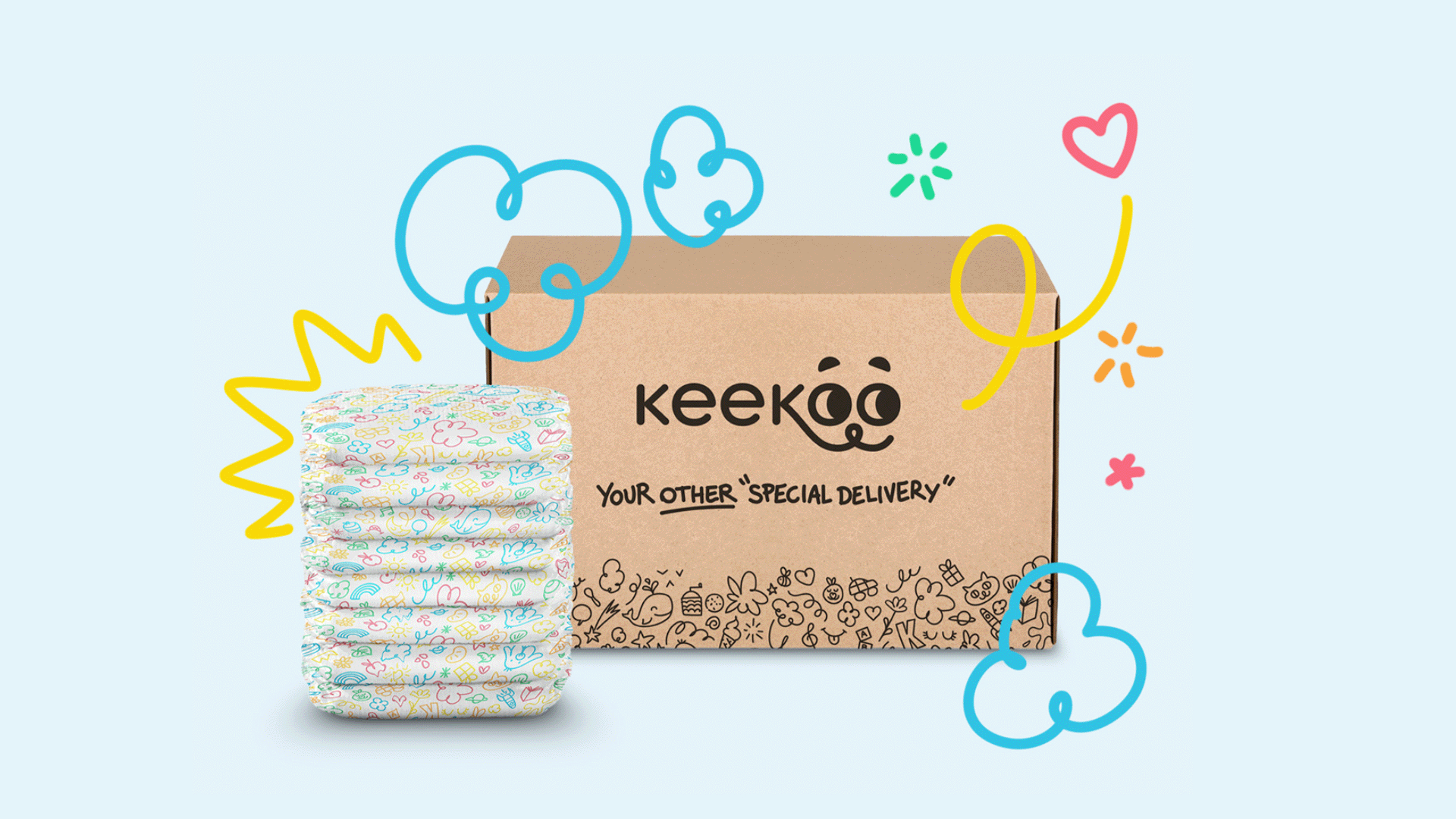

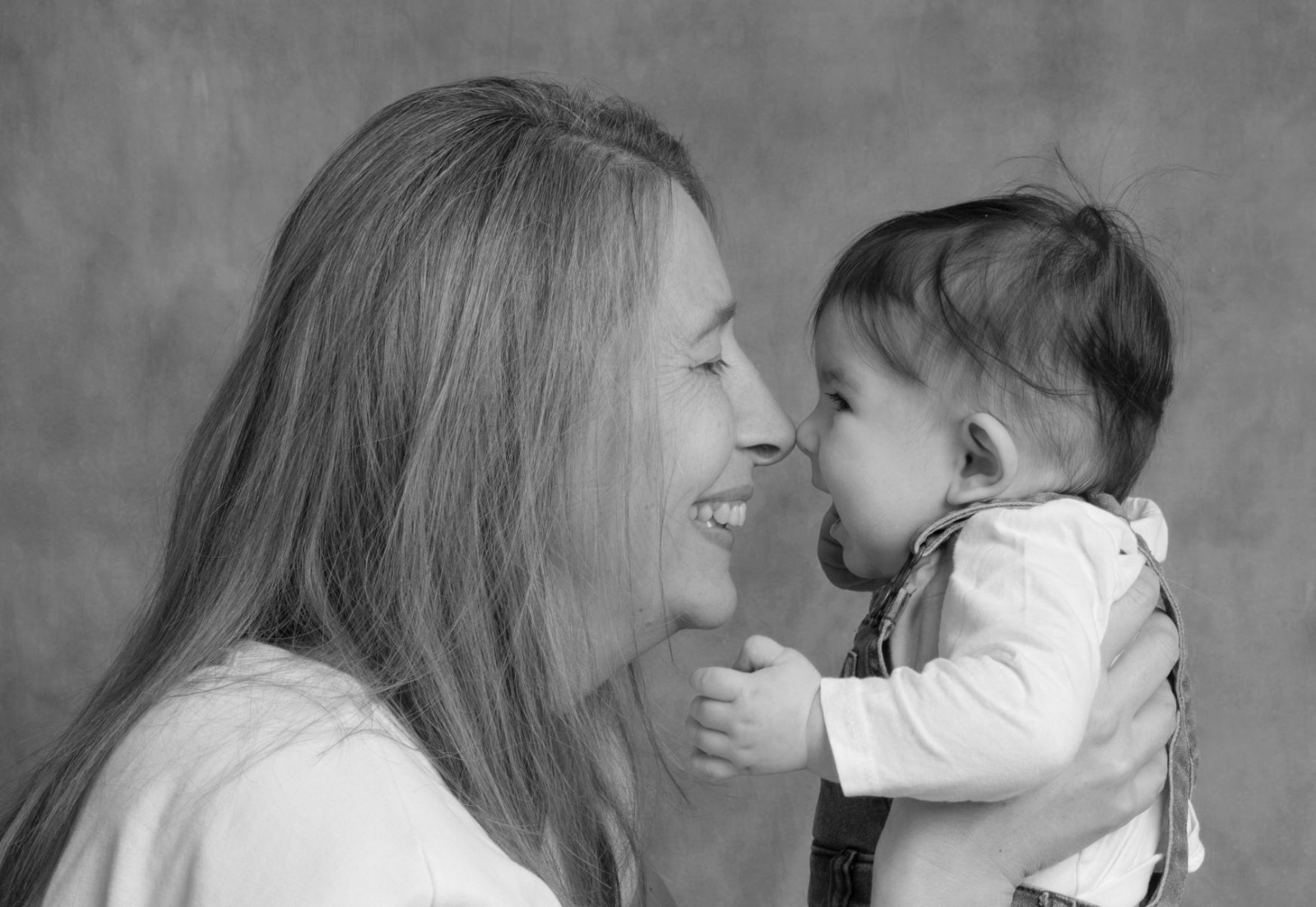
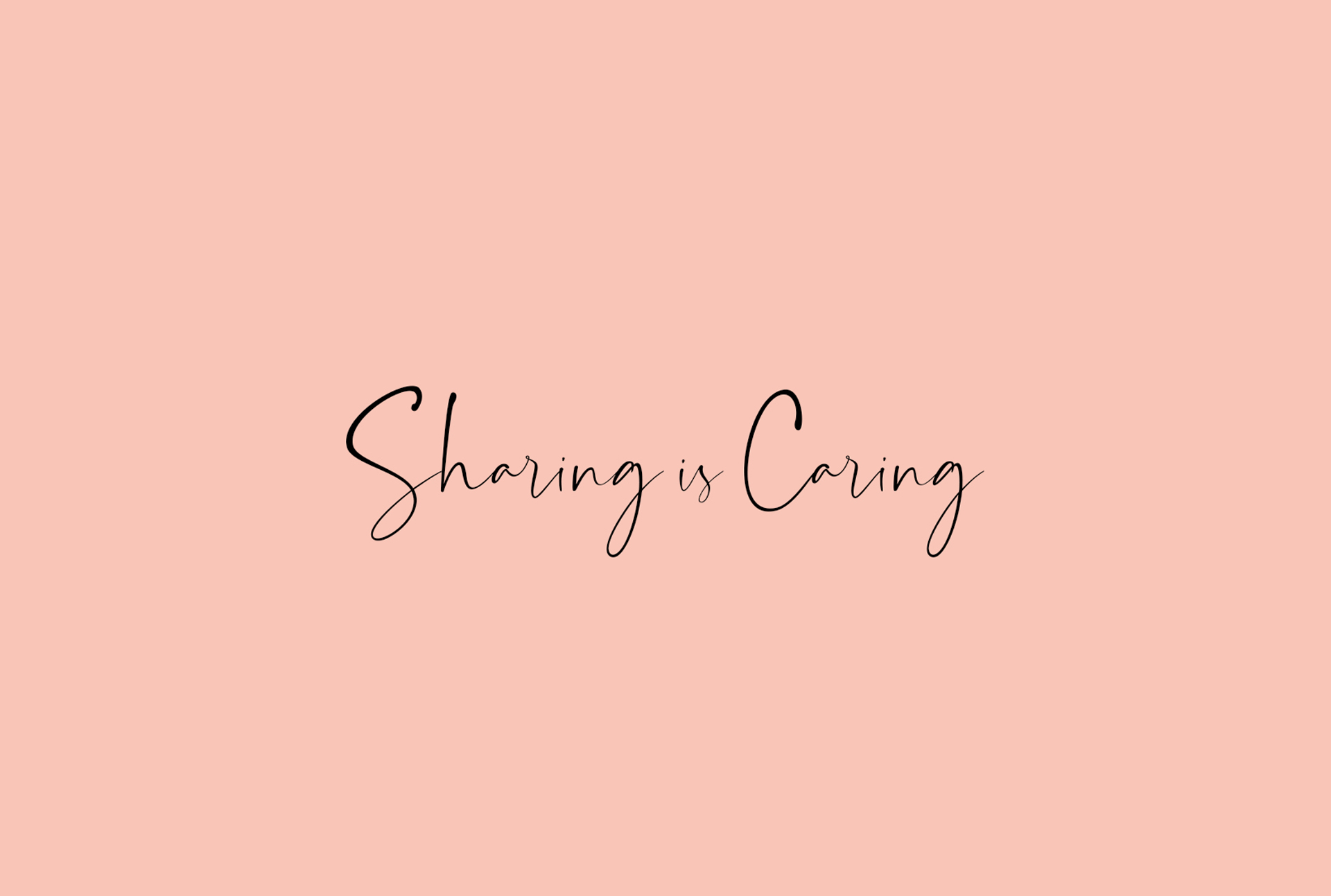
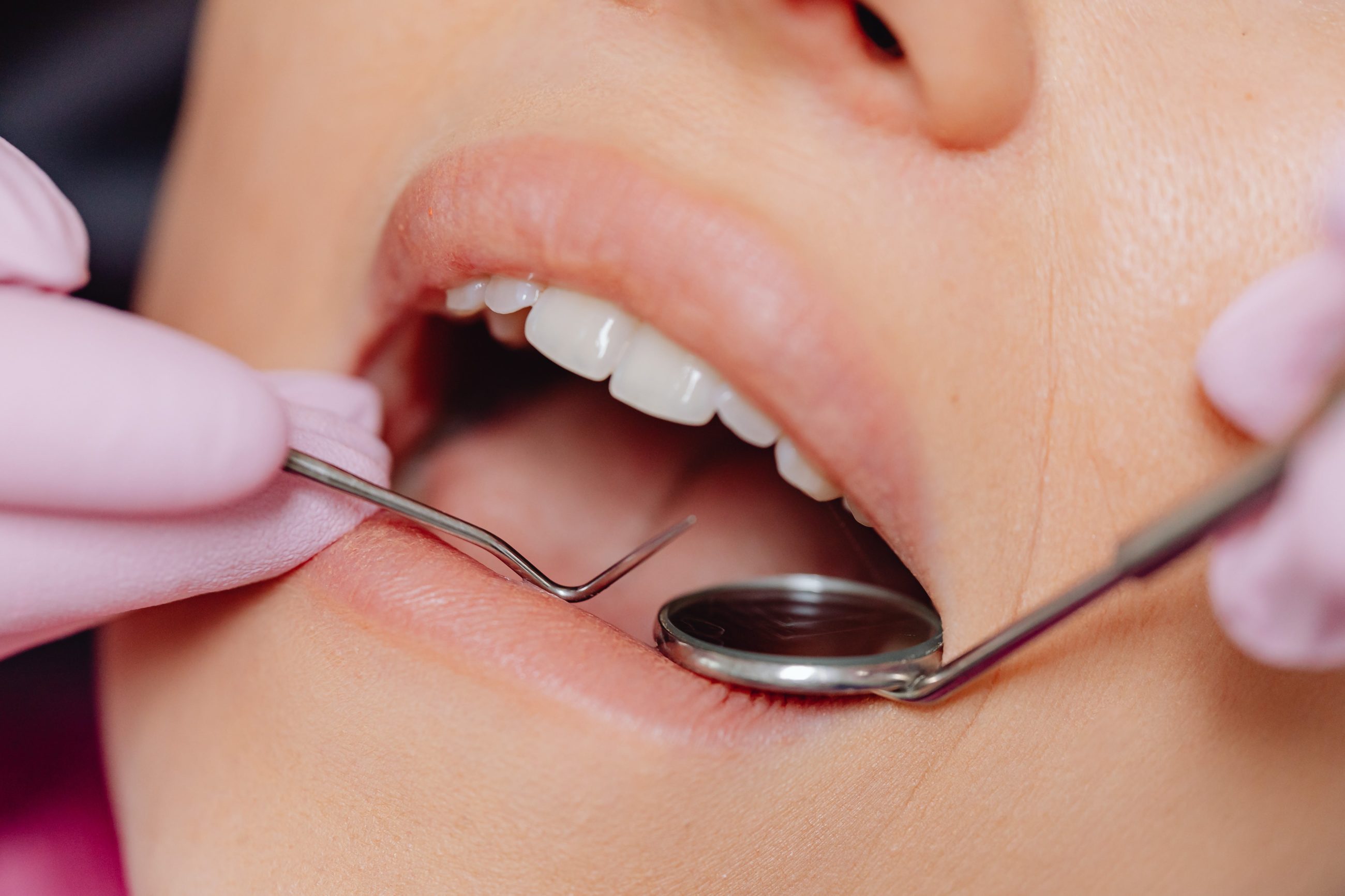
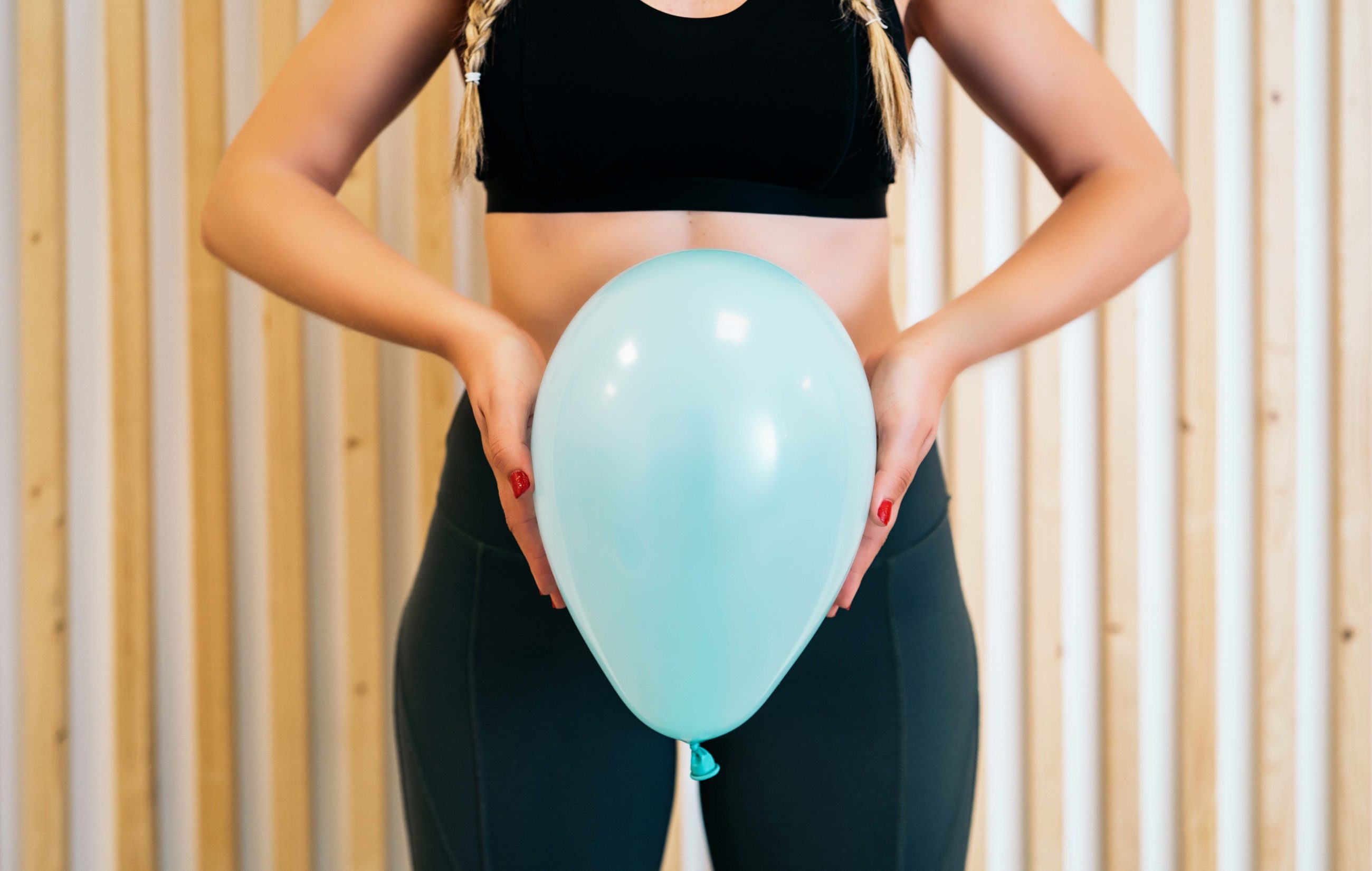



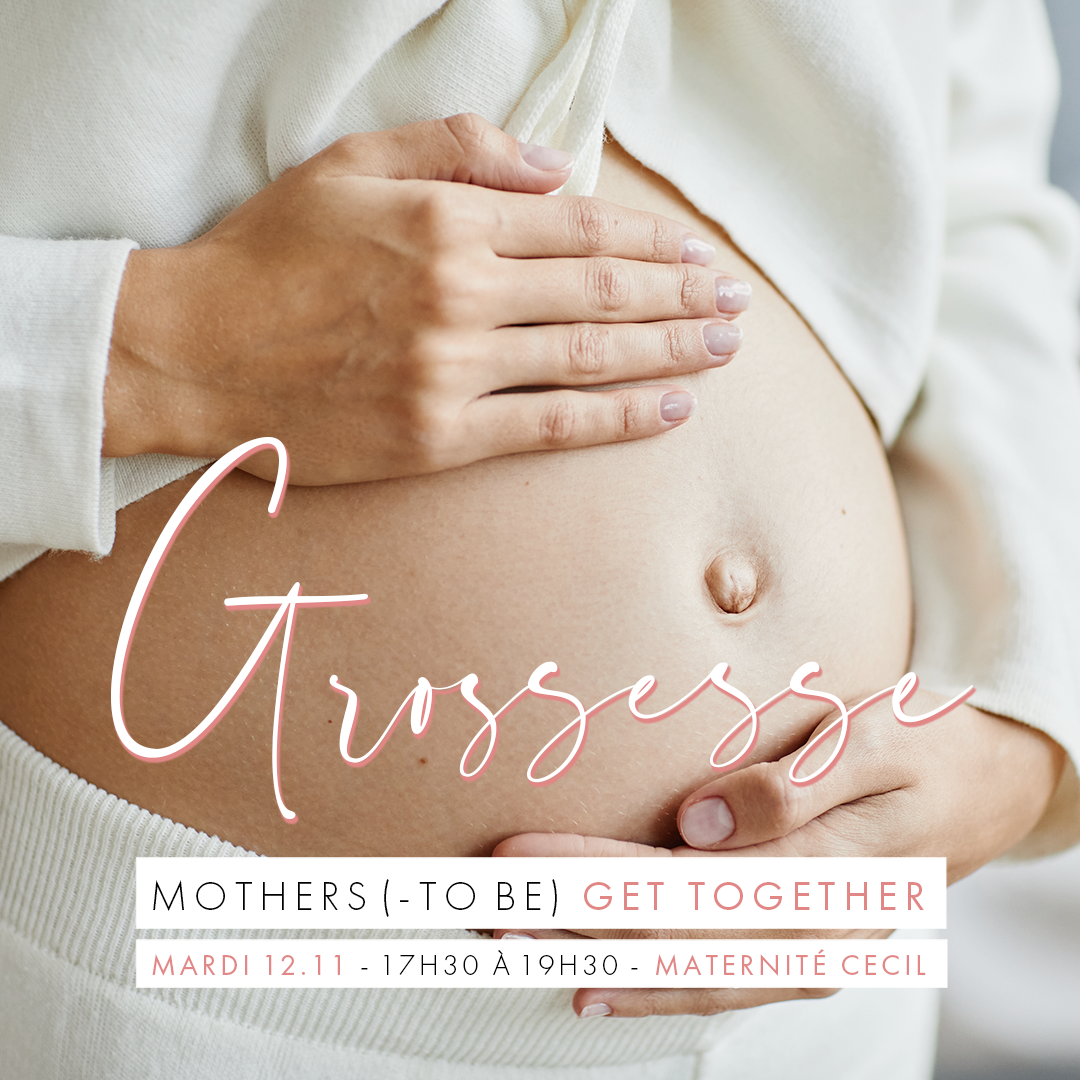

Partager cet article